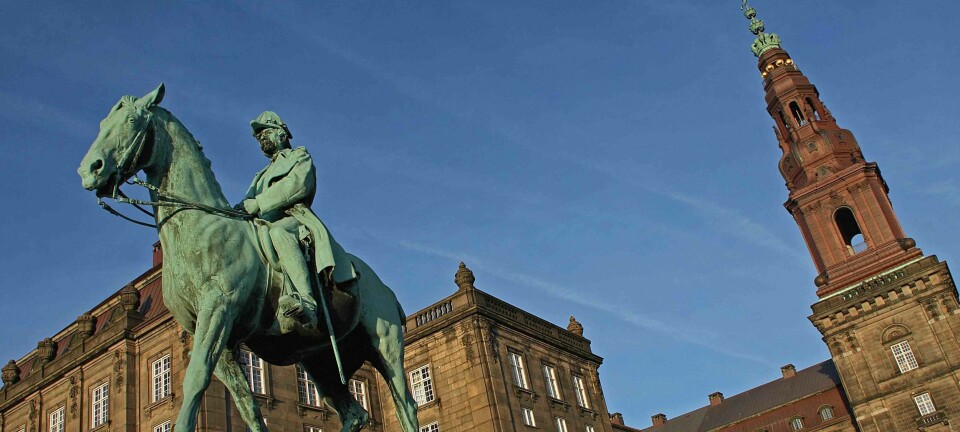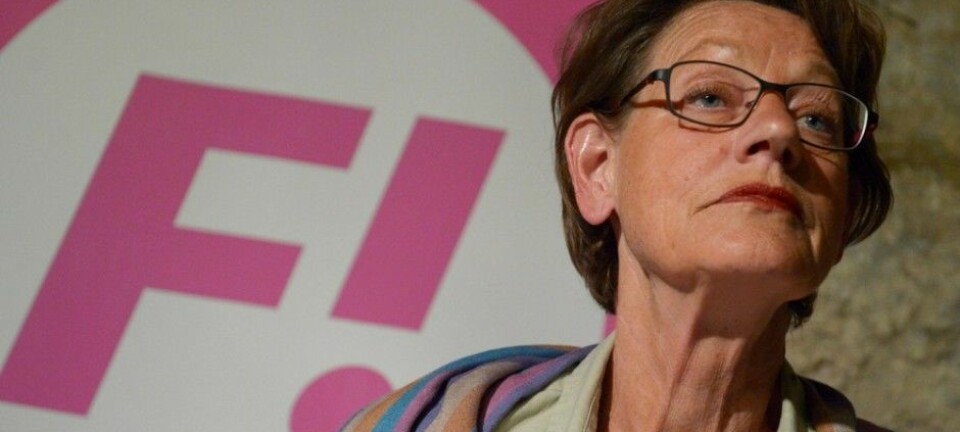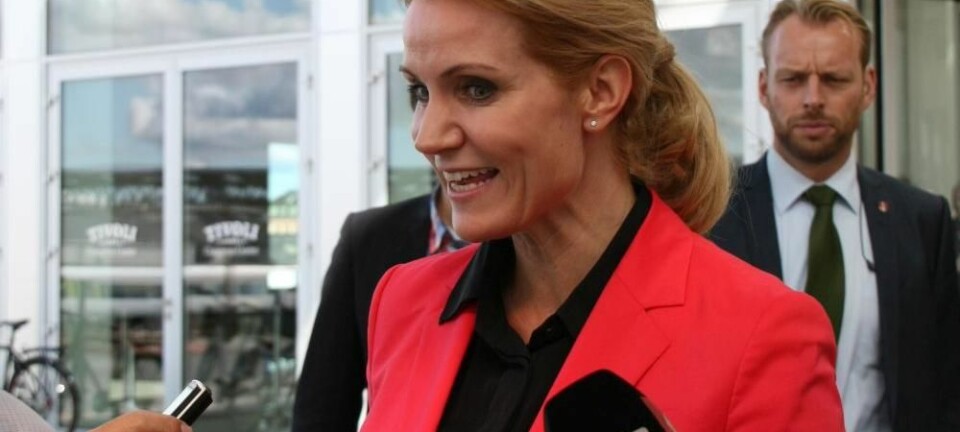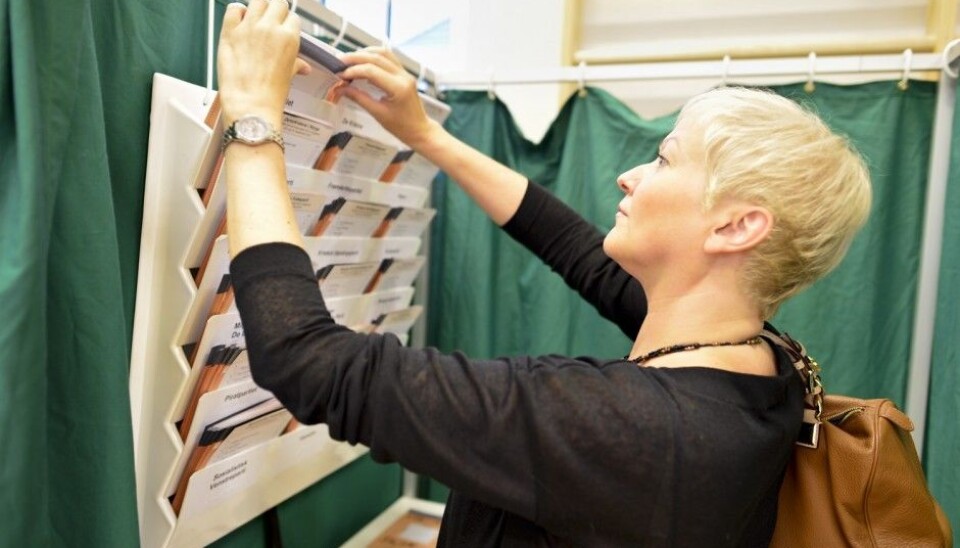
Norwegians have a growing interest in discussing politics
A good old-fashioned political conversation stands firm, despite the rise of new media.
Denne artikkelen er over ti år gammel og kan inneholde utdatert informasjon.
As another election approaches, only a few Norwegians abstain from discussing politics.
About one out of four persons talk about politics every day prior to a parliamentary election. Only eight percent of the potential voters never discuss politics.
In an era when the media take up a mounting share of our time, it is rather remarkable to see how little interest the media have in political discussions between voters, rather than just between politicians.
But that doesn’t mean this public discourse has clammed up.
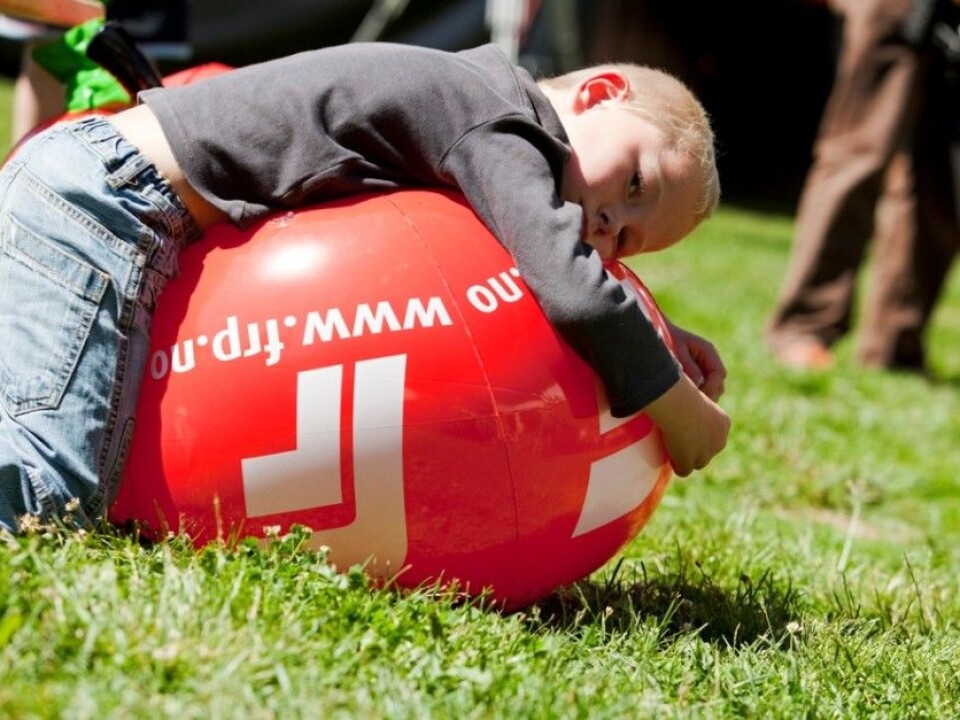
On the contrary. Norwegians have become more apt to discuss politics with one another from election to election, according to a study covering parliamentary elections from 1969 to 2009.
Nearly everybody
Voter participation has declined and the links between parties and the voters have worn thin. More people switch parties from one election to the next. Social media have become new arenas for debates.
Despite all that, it doesn’t appear that the general interest in talking about politics with one another has declined.
Professor Ragnar Waldahl of the University of Oslo (UiO) has published these conclusions in a Norwegian social research journal, after analysing data from the Norwegian Programme of Electoral Research.
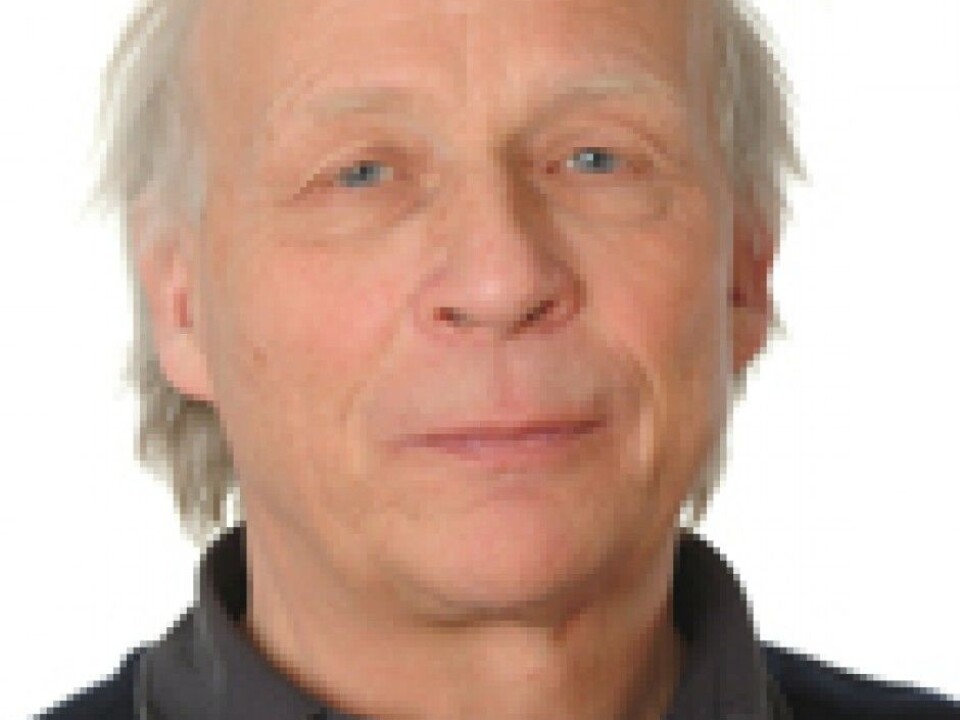
The data show that a few more Norwegians now discuss politics prior to an election. This is primarily because the share of those who never engage in political discussions prior to a parliamentary election has shrunk more and more.
While just eight percent claim to have kept their mouths shut about politics during the 2013 elections, 46 percent talked politics twice a week and 24 percent discussed the issues every day.
Education explosion
Much has changed in Norway from 1969 to 2009. The greatest change with an impact on political interest is probably the education explosion.
Waldahl deems it likely that more of the voters are discussing politics than they were a few decades ago because so many more have higher educations.
It used to be that the op-ed pages in newspapers were the only fora where the general public could participate in political debates. Now a rising number are engaged in political debates via Facebook, Twitter, blogs and the comment fields in web newspapers.
But these new opportunities do not seem to be undermining regular direct discussions.
The researchers see the opposite effect: The new media are prompting us to get more engaged in political discourse, mouth to ear.
Socialists are the most garrulous
The desire to talk politics is evening out between the age groups. The biggest change since 40 years ago is that more Norwegians over the age of 60 now discuss politics.
Men are still a little more apt to discuss politics than women are. But here too, differences are decreasing.
When the researchers look at party preferences, it appears that followers of the Socialist Left Party talk politics the most. The degree of this eagerness among socialists has declined a bit, but they are still in the lead, followed by voters who prefer the Liberals. The voters who are least eager to debate with others are supporters of the Christian Democrats. But the differences here between the parties [eight of which are currently represented in the Storting] are not that significant.
Essential part of the election campaigns
Professor Ragnar Waldahl concludes that political discussions among the electorate are a key aspect of the election process in Norway.
Because this part of the election process is private in character, utterances and arguments between the voters themselves are overlooked by politicians and commentators when they evaluate the factors which are important for the choice of parties and the election results.
Oddly stable
The most interesting point to take home from this political science research is how stable the frequency of grass-roots political conversations has been in the past four decades in Norway.
Norway is very different than it was in 1969. The media, politics, levels of education, economic wealth and political issues have all changed dramatically.
Despite that, political intercourse is alive and kicking.
-------------------------------------
Read the Norwegian version of this article at forskning.no
Translated by: Glenn Ostling








